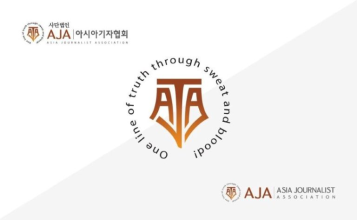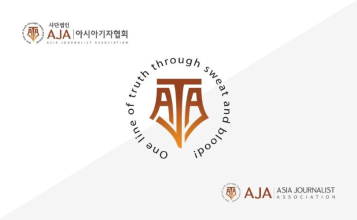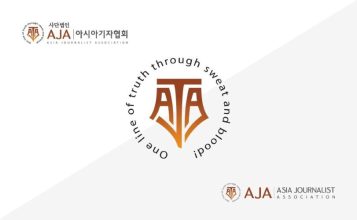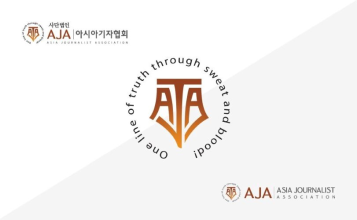AJA Newsbites – July 8, 2025
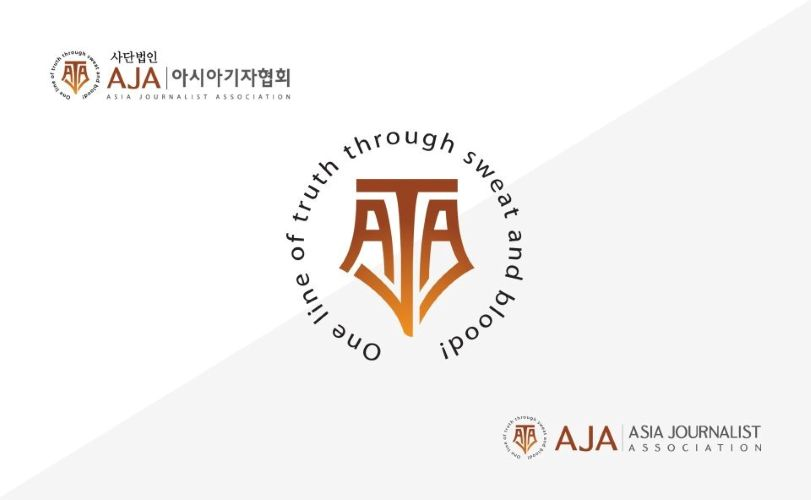
AJA Newsbites is a curated roundup of major news and developments from across Asia, brought to you by members of Asia Journalist Association (AJA)
Lee Sang-ki, THE AsiaN, Korea
South Korea’s effort to raise Japan’s unfulfilled promise regarding Hashima Island (Battleship Island) at UNESCO has been blocked. Japan instead pushed for bilateral discussions and proposed a revised agenda, which was adopted in a secret vote with a 7–3 margin—effectively halting further discussion within UNESCO.
The South Korean government expressed deep regret over the outcome and reaffirmed its commitment to continue urging Japan to fulfill its past promises. Despite Japan’s 2015 pledge to acknowledge and explain the forced labor of Koreans during World War II, it has failed to deliver.
In particular, the historical information center opened in Tokyo in 2020 omitted key facts about the forced labor of Koreans on Hashima Island. This omission sparked criticism for distorting history and was seen as a serious setback to efforts aimed at historical reconciliation and future-oriented dialogue between the two countries.
Chhay Sophal, Cambodia News Online, Cambodia
To enhance the knowledge and skills of its nursing and midwifery staff, Ang Duong Hospital in Phnom Penh recently collaborated with Busan Women’s University in Busan, Republic of Korea, to jointly hold a full-day training course at Ang Duong Hospital.
The training aimed to further develop the professional skills of nurses and midwives at the hospital and to contribute to the advancement of the healthcare sector, particularly in delivering patient care that is high-quality, comfortable, and confident.
“This is the second training course for our nurses and midwives — the first was held in July last year. The course on July 3, 2025, covers IV administration, first aid, assisting patients who are unconscious, intubation, and many other skills we use regularly. This session serves as additional training to reinforce essential skills that enable us to treat our patients more effectively and promptly,” said a senior official from the Nursing Council and Head of Nursing at Ang Duong Hospital.
On this occasion, Ang Duong Hospital also requested that Busan Women’s University and its partners continue providing this valuable training, particularly incorporating new knowledge, to ensure that their medical team can deliver even better healthcare services to the public.
In response, the head of the nursing volunteer group from Busan Women’s University, who led a team of 19 Korean participants, promised to return, reaffirming their commitment to strengthening both knowledge and cooperation—not only between the hospital and the university, but also between the two nations.
Nasir Aijaz, Sindh Courier, Pakistan
It emerged on Monday that 578 buildings across various districts of Karachi, the capital city of Sindh province in Pakistan, have already been declared unsafe and unfit for habitation.
According to the Sindh Building Control Authority, 456 of these buildings are located in the South district of the metropolis alone. At least 50 of them have been categorized as extremely hazardous to live in.
An additional 122 buildings in other districts of the city have also been identified as dangerous. These figures came to light after the collapse of a six-storey building in the Lyari area of the South district last Friday, which claimed 27 lives.
Following the incident, authorities have also evacuated residents from three nearby buildings that were damaged by the collapse and are feared to be structurally compromised.
Shafiqul Bashar, Asia Journalist Association, Bangladesh
Dhaka has expressed its willingness to cooperate with Malaysia in the ongoing terror investigation, while the Bangladesh mission in Kuala Lumpur remains in close contact with the relevant authorities on the matter.
In a statement issued Friday, the Ministry of Foreign Affairs of Bangladesh said, “The Bangladesh High Commission will extend necessary support to expatriate Bangladeshis wherever needed.”
The statement further noted that the Government of Bangladesh is closely monitoring the developments in Malaysia.
Earlier, it was officially reported from Kuala Lumpur that 36 Bangladeshi nationals had been detained in Malaysia over alleged direct links to an extremist militant group. According to media reports in Dhaka, the group in question is the Islamic State (IS), which remains active in Syria and other parts of the Middle East.
The statement reaffirmed Bangladesh’s firm stance against all forms of terrorism, violent extremism, and militancy, and emphasized its readiness to fully cooperate with Malaysian authorities in this regard.
Kuban Abdymen, Centralasianlight, Kyrgyzstan
Tajikistan has officially expressed interest in joining the China–Kyrgyzstan–Uzbekistan railway project, the construction of which began earlier this year.
Tajik Transport Minister Azim Ibrohim discussed Tajikistan’s potential participation with China’s Minister of Transport, Liu Wei, during the 12th Meeting of Transport Ministers of the Shanghai Cooperation Organization (SCO) member states, held in Tianjin, China.
The railway project was launched in February 2025 in southern Kyrgyzstan and is estimated to cost $4.6 billion. A tripartite company was established in Bishkek with the involvement of railway companies from China, Kyrgyzstan, and Uzbekistan to oversee its implementation.
According to a statement from the Tajik Ministry of Transport, the meeting also focused on China’s support for the expansion of the multimodal corridor connecting China, Tajikistan, Uzbekistan, Turkmenistan, Iran, Turkey, and Europe. Tajikistan’s possible inclusion in the China–Kyrgyzstan–Uzbekistan railway project was a key topic of discussion.
The China–Kyrgyzstan–Uzbekistan railway is intended to connect the railway systems of the three countries and extend further through Turkmenistan, Iran, and Turkey to Europe, forming a crucial part of the New Silk Road transport network.
Originally, the planned length of the railway was 454 kilometers, with 268.4 km through Kyrgyzstan and 165 km through China. Updated figures now place the total length at 532.53 kilometers—158.04 km in China (Kashgar–Torugart section) and 304.94 km in Kyrgyzstan.
Pooneh Nedai, Shokaran magazine, Iran
The Director General of the International Atomic Energy Agency (IAEA), Rafael Grossi, refrained from condemning recent attacks by the U.S. and Israel on Iran’s nuclear infrastructure, but emphasized the urgent need for a sustainable solution. Speaking at a conference in Poland, Grossi stated that such a solution cannot be military in nature, as it is impossible to completely eliminate Iran’s nuclear potential — a country with substantial technological and industrial capabilities.
He underscored the necessity of a robust diplomatic agreement, one that includes a credible and effective verification mechanism. Grossi acknowledged that indirect negotiations are ongoing and expressed hope for more rapid progress toward a final agreement.
His current neutral stance stands in contrast to earlier IAEA reports, some of which have been cited to justify Israeli strikes on Iran’s nuclear facilities.
ⓒ THE AsiaN | All rights reserved
This content is copyrighted by THE AsiaN. If you wish to share it, please do so without modifying the original text and always include the source link. Unauthorized editing or sharing without proper attribution may result in legal consequences.

